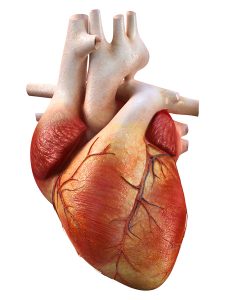Heart Surgery

At Adelaide Cardiothoracic, our surgeons provide comprehensive management of all aspects of adult heart surgery, including coronary artery bypass grafting (CABG, both on- and off-pump), valve repair and replacement, surgery for diseases of the aorta (the large artery that carries blood from your heart to the rest of your body), and procedures for many forms of congenital heart disease. Our surgeons work closely with specialists from a number of other areas, including cardiologists, anaesthetists, intensive care specialists, vascular surgeons, and general physicians, to provide thorough multi-disciplinary care.
Most heart surgery is performed under a general anaesthetic, via an incision through the breast bone (sternum), using a heart-lung machine to maintain blood flow and delivery of oxygen to the body while the heart is stopped and the required procedure is performed. The surgery usually takes several hours and patients go to intensive care afterwards for at least a day before spending several days recovering on a surgical ward. Two or three drainage tubes are usually left in the chest at the end of the procedure, and these are usually removed one to three days after the surgery.
Most patients are in hospital for about a week, and need about another week after discharge resting at home or in convalescence before they feel like they’re getting back to normal. Full recovery can take up to three to six months. In most cases, patients will not be able to drive for four to six weeks after surgery, and heavy lifting or strenuous activities with the arms need to be avoided for about 3 months.
Some patients need multiple procedures performed at the same time, such as both valve surgery and coronary artery bypass grafting. This avoids the need for multiple separate procedures and may reduce the risk of complications in the post-operative period due to untreated issues. You can discuss this in more detail with your surgeon.
Your surgeon will discuss the specific risks of the proposed surgery with you, and you will have the opportunity to ask any questions you may have about this.
